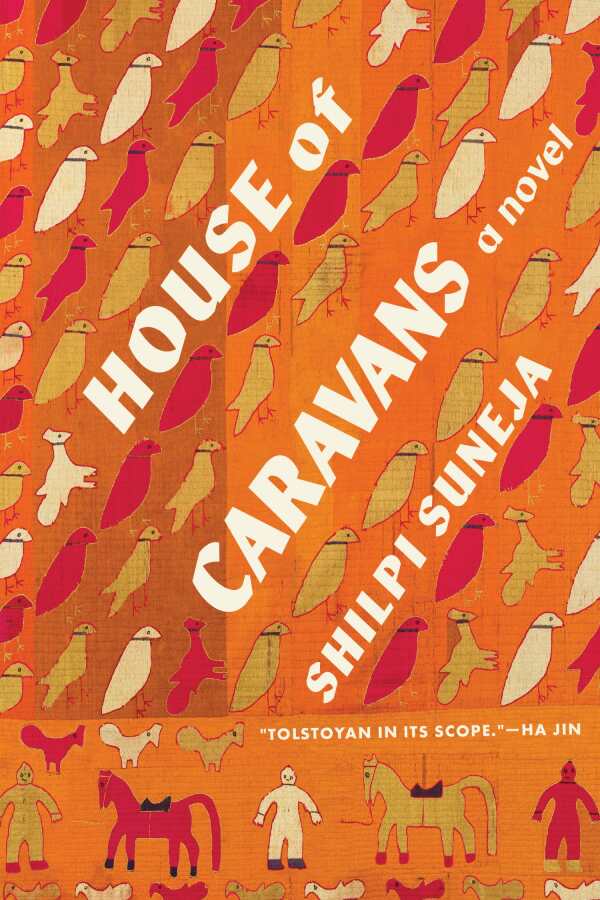House of Caravans
Shilpi Suneja’s novel House of Caravans depicts the turbulent end of British-ruled India along with the ensuing violence amid the region’s Hindus, Muslims, and Sikhs. Beyond this time of ravaged independence and the 1947 establishment of Pakistan, the narrative follows the Khatri family to the beginning of the next century.
In 1943, Chhote is an impressionable and passionate young man. To protest British imperialism, Chhote throws a small bomb. The device explodes with an orange flash—like a “tiger’s skin”—and Chhote is sent to a Lahore jail. There he is beaten, forced into grueling labor, and half-starved.
While all Indian prisoners are mistreated, Chhote is further penalized due to his relationship with a beautiful Anglo-Indian woman, Nigar. Nigar is the mistress of Lahore’s cruel English police superintendent. Meanwhile, Barre, Chhote’s older brother, is despondent over Chhote’s arrest. He wants to visit Chhote, but he needs money and influence to do so; thus, he opens a tailor shop to make uniforms for British soldiers. Though he loathes the arrogant, racist British, his need to see Chhote is integral.
Against a riveting historical backdrop, House of Caravans shares intricate involvements between family members, friends, and lovers. Following the forced regional division and migration known as the Partition, Muslims and Hindus are pitted against each other. Gandhi’s theories cause additional discord; some Indians follow the Mahatma’s ideals of nationalistic “noncooperation,” while others feel that the “old fool” offers no pragmatic future plan. The novel’s Hindu-Muslim conflict continues when Barre’s daughter has two children, one with a Muslim man and another with her Hindu ex-husband. Yet the book’s underlying focus is how the interconnection of humanity can transcend religious and geographical polarization.
Told with sumptuous language and epic intensity, House of Caravans is a captivating, harrowing historical saga.
Reviewed by
Meg Nola
Disclosure: This article is not an endorsement, but a review. The publisher of this book provided free copies of the book to have their book reviewed by a professional reviewer. No fee was paid by the publisher for this review. Foreword Reviews only recommends books that we love. Foreword Magazine, Inc. is disclosing this in accordance with the Federal Trade Commission’s 16 CFR, Part 255.

